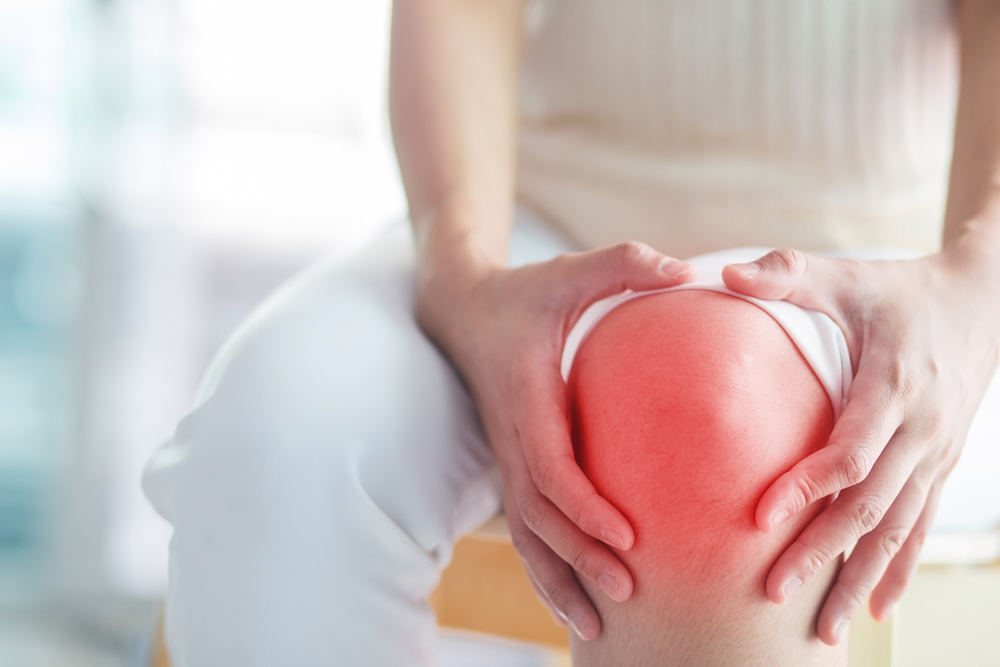
Knee pain is a common ailment that can strike anyone, regardless of age, lifestyle, or fitness levels. Knee pain is not just a symptom; it's a loud and clear message from your body that something is not quite right. By understanding what causes knee pain, we can take proactive steps to alleviate it and improve our overall health.
Understanding the Anatomy of the Knee
The knee is one of the largest and most complex joints in the body. It consists of four main components: the femur (thigh bone), tibia (shin bone), patella (kneecap), and fibula (smaller bone next to the shin bone). These bones are cushioned by a protective layer of cartilage and connected by a network of ligaments and tendons.
The knee's design allows for a great deal of flexibility while also providing stability. It enables us to walk, squat, jump, and pivot, making it a highly functional part of our bodies. However, its complex structure also makes it vulnerable to a variety of injuries and conditions, resulting in knee pain.
Common Causes of Knee Pain
There are numerous reasons why you might be experiencing knee pain. One of the most common causes is arthritis, particularly osteoarthritis, which is a degenerative condition that wears down the cartilage in the knee. Rheumatoid arthritis, gout, and other types of arthritis can also cause knee pain.
Another frequent cause is bursitis, an inflammation of the small fluid-filled sacs that cushion the knee joint. Tendinitis, an inflammation of the tendons, can also lead to knee pain. Other common causes include infections, cysts, and certain diseases such as lupus and Lyme disease.
Physical Conditions That Can Lead to Knee Pain
Certain physical conditions can also contribute to knee pain. For instance, individuals who are overweight or obese often suffer from knee pain due to the additional pressure on their joints.
Conditions such as hip or foot problems can also lead to knee pain. This is because they can alter the way you walk, putting abnormal stress on your knee. Diseases affecting the nerves, like sciatica, can also cause pain in the knee.
Lifestyle Factors Contributing to Knee Pain
Our lifestyle choices can significantly impact our knee health. For instance, people who lead a sedentary lifestyle are more likely to experience knee pain as lack of movement can lead to stiffness and weakness in the knee. On the other hand, those who engage in high-impact activities or sports are also at risk due to the constant stress on the knee joint.
Injuries That Can Cause Knee Pain
Knee injuries are one of the most common reasons for knee pain. These can occur during sports, exercise, or even a simple misstep. Common knee injuries include fractures, dislocation, ACL injury, and meniscal tears.
The knee is also prone to overuse injuries, such as runner's knee, jumper's knee, and iliotibial band syndrome. These occur when the knee is used excessively in repetitive actions, leading to inflammation and pain.
Understanding the Symptoms Associated with Knee Pain
The symptoms of knee pain can vary greatly depending on the underlying cause. However, some common symptoms include pain that worsens with activity, swelling, redness, warmth to the touch, and stiffness. In severe cases, individuals might also experience instability or weakness in the knee, inability to fully extend or bend the knee, and even a popping or crunching noise.
When to Seek Medical Help for Knee Pain
While occasional knee pain might not be a cause for concern, it's crucial to seek medical help if the pain persists or worsens over time. If the knee pain is accompanied by severe swelling, redness, fever, or if you cannot bear weight on your knee, it's best to consult a healthcare professional immediately.
If you are experiencing knee pain, consult our professionals at Simple Wellness Clinic in our West Linn, Oregon office. Call (503) 713-6177 to schedule an appointment today.











